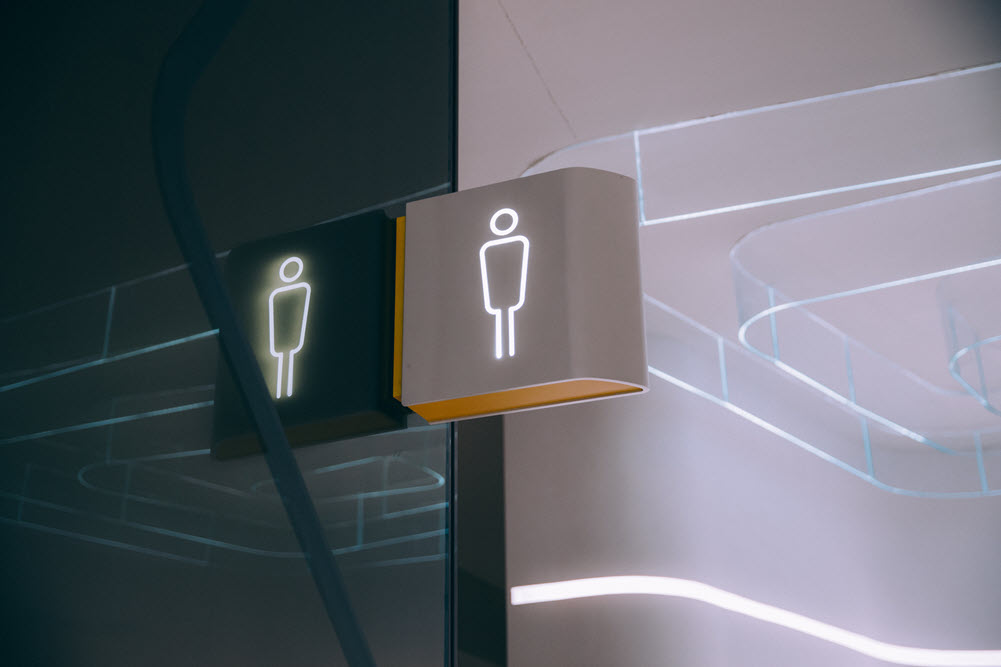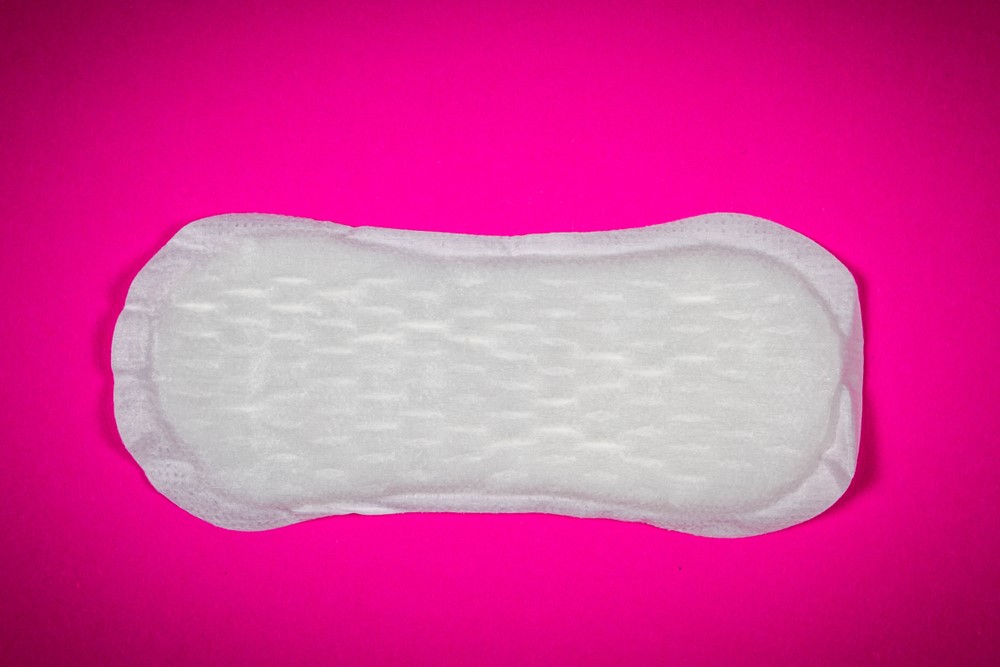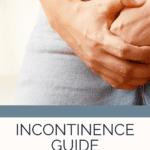
Incontinence is tricky in two ways. First, there’s the practical side of it, which, let’s be honest, really really sucks. There’s little worse than having to clean up urine and feces, except having to do so for someone else.
Then there’s the social aspect. Our bodies are weird and frustrating in many ways, particularly as we age. But, there’s something about incontinence specifically that many of us struggle with.
Because of this, there’s often a taboo around talking about incontinence – and seniors who struggle with it can be extremely embarrassed (or in complete denial). That’s why we’re here today, asking some of your biggest and most pressing incontinence questions.
Please leave a comment or drop us an email if you have a question that we haven’t covered here.
Top Incontinence Questions
How Do I Make a Senior Use Incontinence Underwear?
Some seniors are incredibly resistant to incontinence underwear, to the extent that nothing will change their mind.
However, most can be convinced to use the products in the right circumstances.
Many caregivers find it best to avoid the word diaper entirely (and perhaps incontinence as well). Briefs are a simple alternative – or ‘special underwear’ if you need to distinguish between incontinence products and regular underwear.
Being gentle and respectful often helps as well. After all, incontinence is often a scary idea, as it represents a serious loss of control. Seniors may need time to get used to what’s happening.
In fact, an initial refusal of incontinence products may suggest they’re in denial.
Rather than pushing the issue, you might talk to them about it gently, then make the products readily available. This way, the senior can use them when they’re ready, without feeling pressured.
Some caregivers choose to simply swap out all the senior’s underwear for incontinence products. You can also play around with what you say and how you say it. There’s an excellent discussion on the AgingCare forums that highlights some phrasing and approaches that you can try.
You’ll probably need to experiment with different tactics, as people respond differently to each other.
Can I Double Up Incontinence Briefs?
Some caregivers use two pairs of incontinence briefs to prevent leaks, particularly at night.
Doing so seems helpful, as one pair of briefs can catch whatever the first misses.
Except, it doesn’t work like that. Incontinence products generally have a waterproof backing that repels liquid (they wouldn’t work well without it). This backing means that excess urine will never flow from one pair of briefs to the next. It will simply spill out the leg holes instead.
You can slash the back of the first pair of briefs. If you do so well, some of the urine could transfer from one pair of briefs to the next.
Some caregivers do this, but it’s a bit of a gamble. You can’t really know how well the urine will transfer through until it’s too late.
Most of the time it’s better to invest in a higher absorbency product.
Can I Use a Pad in a Pair of Incontinence Briefs?
Using a pad may seem a little better than doubling up on incontinence briefs. At least with these, some urine will hit the pad and some will hit the briefs instead.
However, the approach still doesn’t work well. The waterproof lining of the briefs can make urine go in unexpected directions. Sometimes it might even flow out of the leg holes before the briefs have absorbed as much as normal.
Look for booster pads instead.
These are like regular pads except they don’t have a waterproof backing. They’re also designed to allow urine to flow through, so they actually help with absorbency.
Where Can I Find Booster Pads?
Booster pads aren’t common in stores. However, you can easily find them online.
NorthShore is one example. They even have a sizing guide to help you pair their booster pads with the right size of briefs.
You can also order Attends and LivDry Booster Pads through Walmart. You might even find some of these products in their local stores. Amazon has plenty as well, including these from LivDry.
Can I Use Period Liners for Incontinence?

We’ve talked in the past about the importance of using pads for incontinence rather than period pads. Doing so is incredibly important, as period pads don’t absorb as much liquid as quickly as incontinence pads. They also don’t reduce smell in the same way.
But, what about liners?
If you’re only losing a little liquid at a time, perhaps from stress incontinence (such as losing a little urine when you laugh) or even just discharge, you might only need a liner.
Period liners may seem like the obvious choice, as they’re often much less expensive than incontinence ones. But, are they a good move?
If we’re simply talking about discharge, then regular liners should be fine. Many companies have designed their products for both uses.
Incontinence is a little different. A regular period liner mightn’t be able to handle the sudden liquid release that comes with incontinence (even if you’re not releasing a lot). Plus, urine can have a strong odor that period pads aren’t designed to handle.
You might be able to use a regular liner if you’re not losing much liquid at a time – and if you change the liner immediately.
But… incontinence liners are a better choice. While they cost a bit more, they’re much better at protecting you.
Honestly, the liners are worth it just for the peace of mind. Who wants to worry about bringing spare underwear every time they go out?
How Do I Stop Urine From Leaking Out?
Incontinence products don’t always work as they should. Sometimes urine leaks out the side when the senior stands up or when they’re sleeping.
There are a few potential reasons and solutions for the problem.
- The absorbency should be increased. Often, the underlying cause is simply that the senior is releasing more urine than the product can handle, particularly over a short space of time. Try increasing the absorbency, even if it doesn’t feel like you should need to.
- You’re using two products. Using two pairs of briefs or a liner in briefs often makes things worse, not better.
- The product doesn’t fit well. Incontinence briefs often just come in a few sizes, which can give you underwear that’s too big or too small. The risk of leaks is much higher if the underwear is loose. You may need to swap brands or look for close fitting underwear that will hold everything in place.
- Check the positioning. Sometimes the issue isn’t the product, but how it is positioned. Try experimenting with different positions, particularly if you’re using liners or a booster pad.
- Change the product more often. Sometimes the answer is as simple as more regular changes. After all, if there’s already some urine in the product, adding more could easily be too much. You may not be able to trust whether the senior thinks they need changing either. Some may not have a sense of this, while others may not be honest.
Can You Change A Pull Up Without Removing Clothes?
Incontinence briefs hold more liquid than liners, but they’re also frustrating. Many products have tear marks on the side so they can be easily removed, but that doesn’t help you get a new one on.
Normally, you need to take the senior’s pants and shoes off entirely. Doing so doesn’t work well in a public bathroom or when you’re in a hurry.
Doing so isn’t essential though. The video below shows a technique for changing briefs without removing pants or shoes.
While the process may look complicated at first, it’s simple enough. It would be easy to get into a rhythm with it and get to the point where you could make the change quickly.
How Do I Make Changing The Brief Less Stressful?
Some seniors become resistant or even angry when it’s time to change a soiled brief.
This is sometimes the result of fear or anxiety. Dementia can play a role as well.
While there’s no universal solution to the problem, various techniques can make life easier for everyone. Try some of the following and see which ones help in your situation.
- Play calming music. Music helps to improve mood and also gives the senior something else to focus on.
- Keep things light. People take their cues from others. If you’re frustrated or embarrassed by the senior’s incontinence, they’re more likely to feel that way too. But, if you’re relaxed about it, they may be able to relax too.
- Look for the humor. As strange as it may sound, some caregivers look for the funny side of incontinence accidents and cleanup. There is a certain absurdity to it all – and sometimes laughing it off really does help.
- Dim the lights. Keeping the lights dim rather than having glaring ones can be helpful as well.
- Stop using the word diaper. Who wouldn’t struggle with that term? It’s demeaning and implies the senior is a baby. Some people say briefs instead, while others might say special underwear.
- Put yourself in their shoes. It helps to remember that seniors with incontinence may be scared or stressed. Those with cognitive difficulties or dementia may not understand what’s going on either and may not believe that they need to be changed. Going gently and being kind can help make things much better.
My Mother with Dementia Screams During Diaper Changes

This is, unfortunately, a common problem. There’s a fantastic discussion about it on the AgingCare forums, where caregivers propose various techniques that can help.
One woman provides plenty of details about a slow and gentle approach that works some of the time.
She also talks about her mother’s confusion. After all, dementia patients can’t always sense when they’ve peed or had a bowel movement, so someone forcing them to change could feel incredibly intrusive (especially if their sense of time is also inaccurate).
Some caregivers get to the point where they just weather the screams and change the diaper anyway. This does work and sometimes it’s the only way. Still, for everyone’s sake, it’s always worth trying to find ways of making things better.
Where Can I Learn More?
Caregivers often talk freely with each other about incontinence.
After all, when you’ve dealt with it for months and years, it often stops being a big deal. That certainly happened for me. It got to the point where cleanup was simply another task, with the same emotional weight as any other messy smelly type of cleanup.
Because of this, caregiving forums are an excellent place for advice.
They’re the one environment where you’ll see regular discussions of the practical side of incontinence. This even includes conversations about blowouts in restaurant bathrooms, on the way to the bathroom, and parents who just pee anywhere.
While such conversations can get raw at times, they’re one of the best places to find practical advice about dealing with incontinence – including tricks that you might never have thought about.
Feeling Overwhelmed?
Check out our Caregiving Consulting service for personalized support and guidance.


Leave a Reply